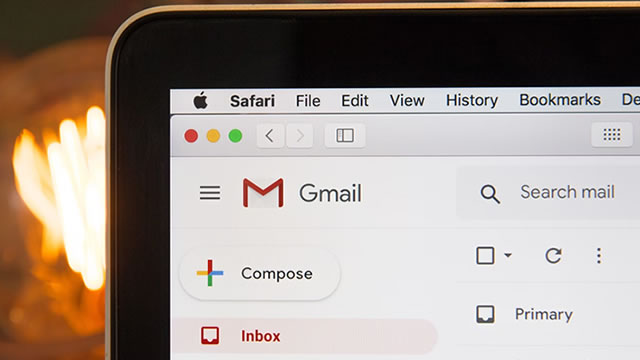Google Ends Hiring Targets Tied to Representation
What does this mean for diversity and inclusion efforts?
Google recently announced that it has ended hiring targets tied to representation, signaling a shift in its approach to diversity and inclusion initiatives. The move, which was confirmed by Business Insider, comes as the tech industry continues to grapple with issues of underrepresentation and inequity.
Evaluating Diversity, Equity, and Inclusion Programs
In addition to discontinuing hiring targets, Google also stated that it is evaluating its diversity, equity, and inclusion (DEI) programs. This reevaluation is likely a response to ongoing criticisms of the company’s efforts in promoting diversity within its workforce.
While setting hiring targets can be a way to track progress and hold companies accountable for improving diversity, some argue that such metrics can be counterproductive. Critics suggest that hiring targets may incentivize companies to prioritize quantity over quality when it comes to hiring diverse candidates.
By shifting away from hiring targets and reevaluating its DEI programs, Google may be seeking a more holistic approach to creating a diverse and inclusive workplace. This move could signify a deeper commitment to addressing systemic inequities and fostering a culture of belonging for all employees.
How will this change impact individuals at Google?
For current and prospective employees at Google, the end of hiring targets tied to representation could have mixed implications. On one hand, some may see this shift as a positive step towards focusing on meaningful long-term change rather than meeting arbitrary quotas.
However, others may be concerned that without specific targets in place, progress towards a more diverse workforce could slow or stall. It will be important for Google to communicate its new approach clearly and transparently to ensure that all employees feel supported and valued in the organization.
What does this mean for the tech industry and beyond?
Google’s decision to end hiring targets tied to representation could have ripple effects throughout the tech industry and beyond. As one of the largest and most influential tech companies in the world, Google’s actions often set the tone for others in the industry.
Other tech companies may take note of Google’s approach and reconsider their own diversity and inclusion strategies. In a broader context, this move could prompt organizations in all industries to rethink how they measure and prioritize diversity within their workforce.
Conclusion
Google’s decision to end hiring targets tied to representation and evaluate its DEI programs marks a significant shift in its approach to diversity and inclusion. While the implications of this change remain to be seen, it opens up new opportunities for the tech giant to cultivate a more inclusive and equitable workplace for all employees.





